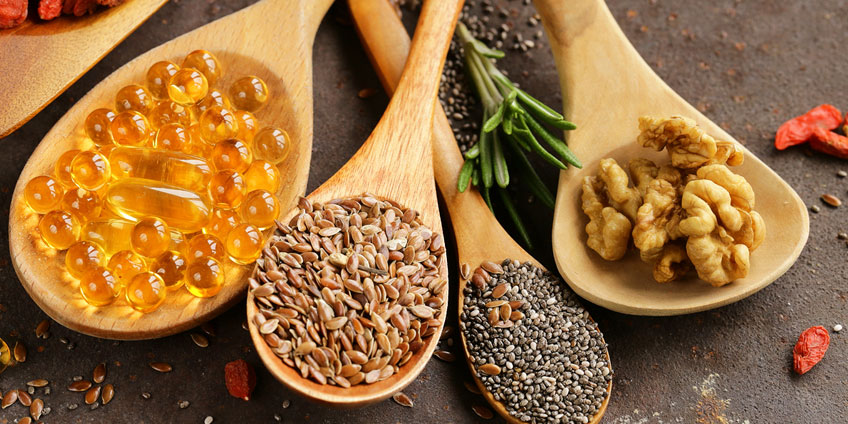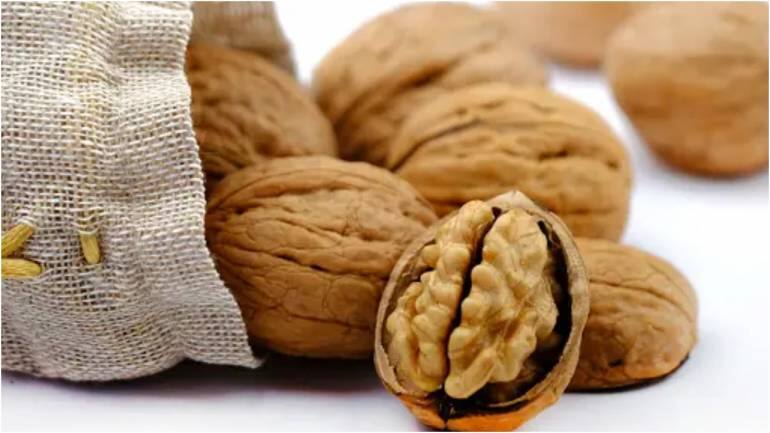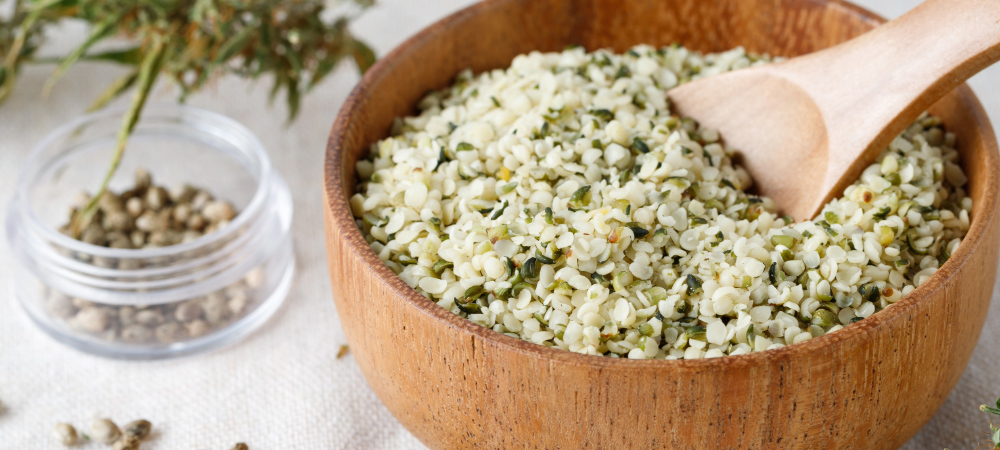Omega-3 fatty acids are not only found in fish but also in some plant sources. This gives everyone, especially vegetarians, the opportunity to add these healthy fats to their diet
More and more people are learning about the importance of omega-3 fatty acids. These essential fats play a vital role in maintaining overall health.
Omega-3 fatty acids are polyunsaturated fats that perform important functions in the body. Omega-3s are essential for brain function, heart health, and reducing inflammation in the body. The body cannot produce enough omega-3s to survive. Therefore, omega-3 fatty acids are essential nutrients that must be obtained from food, to be absorbed through the diet.
There are three main types of omega-3 fatty acids: ALA (alpha-linolenic acid); EPA (eicosapentaenoic acid) and DHA (docosahexaenoic acid).
ALA is mainly found in plant-based foods, while EPA and DHA are commonly found in fish and algae.

Some plant foods contain omega-3s.
Learn about foods that are not fatty fish but are also rich sources of omega-3s:
1. Chia seeds are rich in omega-3s
Chia seeds are a rich source of omega-3s, about 30 grams of chia seeds provide about 5,060 mg of ALA. Chia seeds can be added to smoothies, yogurt or oatmeal… Chia seeds also provide fiber and antioxidants.
2. Flaxseeds
Flaxseeds are another great source of ALA, providing about 2,350 mg per tablespoon. They can be sprinkled on cereal, salads or blended into smoothies. Flaxseed oil is a good choice and they are high in fiber, dietary lignans.
3. Pumpkin Seeds
Pumpkin seeds contain about 100 mg of ALA per 1 ounce (30 g). Pumpkin seeds are also a good source of magnesium, zinc, and antioxidants, which support immune function and heart health.
4. Basil
Although not a major source, omega-3s in vegetarian diets can also be found in basil. Fresh or dried basil is used to flavor a variety of dishes. Basil also has anti-inflammatory and antibacterial properties that add nutritional value to meals.
5. Soybeans
Vegetarian sources of omega-3s include soybeans. Soybeans provide about 1,241 mg of ALA per half cup. They can be enjoyed as a snack or added to a variety of dishes. Soybeans are also an excellent source of plant-based protein, fiber, and essential minerals.
6. Brussels Sprouts
Vegan omega-3 foods also include Brussels sprouts, which provide a modest 135 mg of omega-3 per half cup. Brussels sprouts are rich in fiber, vitamins C, K, and antioxidants.
7. Walnuts – a source of omega-3s
Walnuts are not only a delicious snack, but about 30 grams of walnuts also provide about 2,570 mg of ALA. Depending on your preference, you can eat them alone, add them to salads, or use them in baking. Walnuts also support brain health and are rich in antioxidants.

Walnuts are rich in omega-3.
8. Algae Oil
Algae oil, made from algae, is a direct source of EPA and DHA. It can be taken as a supplement to ensure adequate intake of these essential fatty acids. Algae oil is especially useful for people who do not eat fish, providing similar benefits.
9. Canola Oil
Canola oil provides about 1,280 mg of ALA per tablespoon. It can be used in cooking as a healthier oil option. Canola oil is low in saturated fat, heart-healthy, and versatile for a variety of culinary uses.
10. Spinach
One of the many vegetarian sources of omega-3 fats, spinach contains a small amount of ALA, about 100 mg per half-cup cooked. It is also rich in iron, calcium, and other essential nutrients.
11. Mustard Seeds
Mustard seeds provide about 230 mg of ALA per tablespoon. They can be used in cooking or as a seasoning to add flavor and nutrition. They also have antibacterial and antifungal properties, and aid digestion.
12. Kale
Non-fish sources of omega-3s also include kale, which provides a moderate amount of ALA, about 120 mg per cup. Kale is also high in vitamins A, C, and K, as well as antioxidants that support overall health.
13. Hemp Seeds
Hemp seeds contain about 1,000 mg of ALA per tablespoon. They have a mild, nutty flavor that can be added to salads, smoothies, or eaten as a snack. Hemp seeds provide a good amount of protein and essential amino acids.

Hemp seeds.
14. Seaweed
Seaweed, another vegan food rich in omega-3s, including varieties like nori and spirulina, contains significant amounts of omega-3 fatty acids. It can be used in sushi, salads, and soups. Seaweed is also rich in iodine, vitamins, and minerals that are beneficial to health.
15. Perilla Oil
Perilla oil, derived from perilla seeds, is a rich source of ALA, providing about 9,000 mg per tablespoon. It can be used in salad dressings or as a finishing oil. Perilla oil is known for its anti-inflammatory properties and heart benefits.





